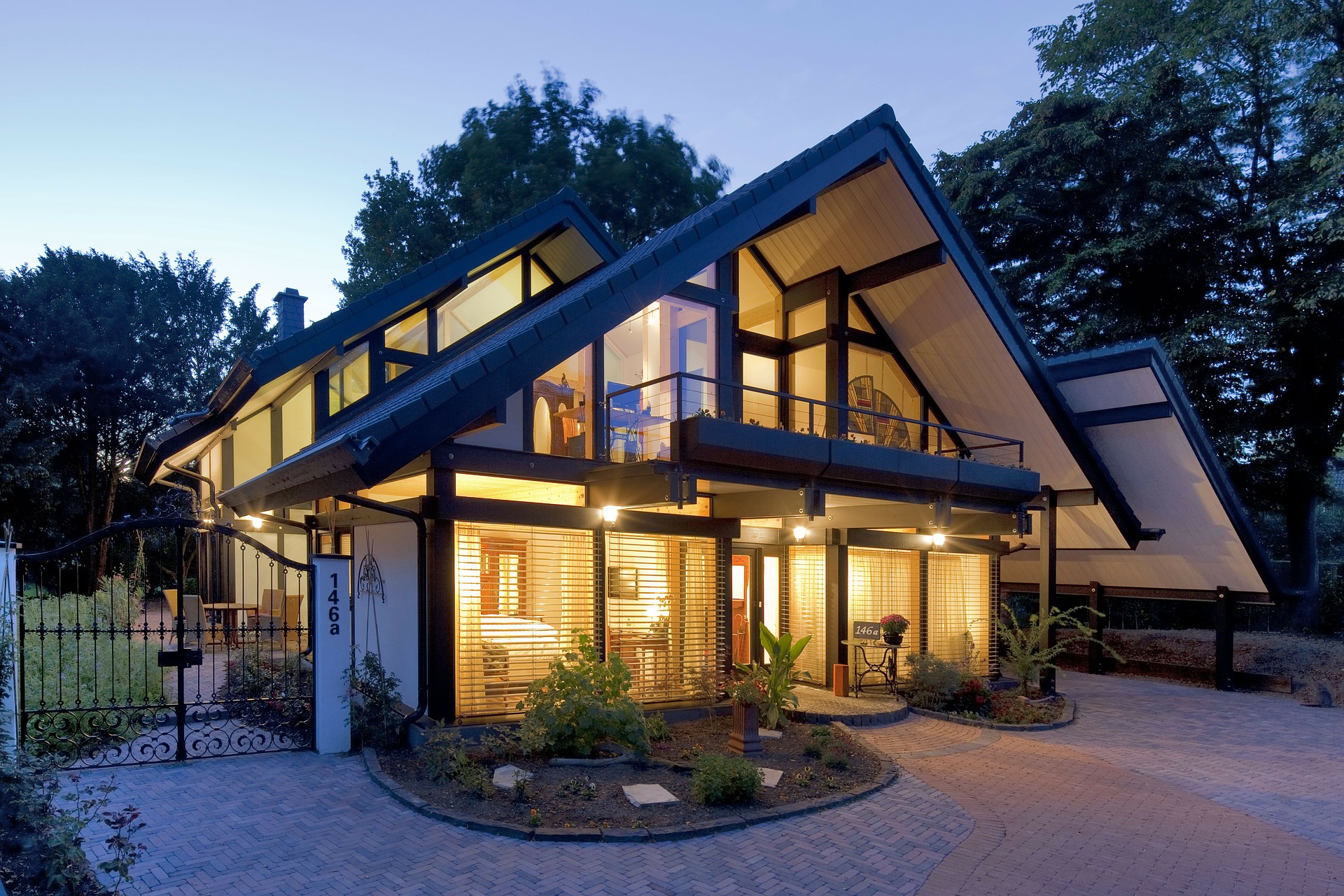Middleofnowhere
WKR
- Joined
- Mar 11, 2017
- Messages
- 762
My wife and I downsized houses this year, 2021. We sold our paid off house and bought a cheaper house out further in the sticks. We decided to use my VA benefit and financed the new house with a 2.5% interest rate.
I purchased my first house in 1993. I financed that house at a little over 10% interest rate. My new house cost almost twice as much as my very first house 28 years ago, but my current payment is about $15 a month Difference from my very first house purchase.
With today’s interest rates, houses are still historically affordable imo. With rising inflation, interest rates have to go up soon. Real estate prices will have to come down or there will be no buyers.
I purchased my first house in 1993. I financed that house at a little over 10% interest rate. My new house cost almost twice as much as my very first house 28 years ago, but my current payment is about $15 a month Difference from my very first house purchase.
With today’s interest rates, houses are still historically affordable imo. With rising inflation, interest rates have to go up soon. Real estate prices will have to come down or there will be no buyers.

 I guess those cashiers checks I use are something else…
I guess those cashiers checks I use are something else…
